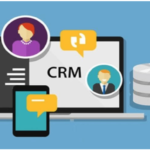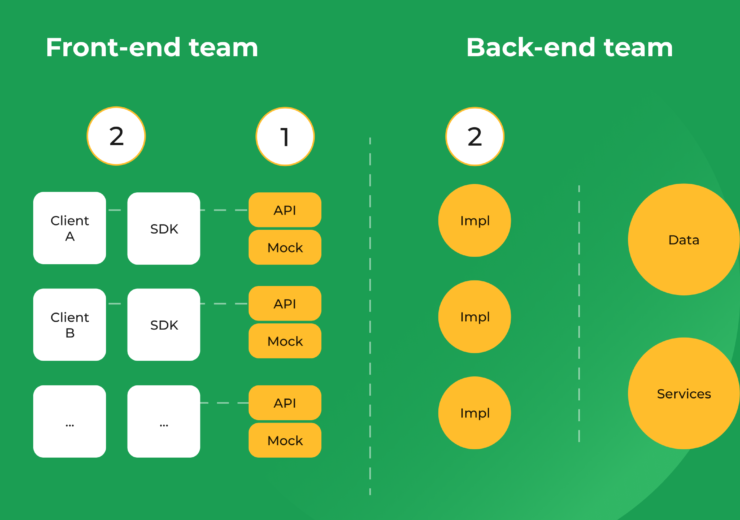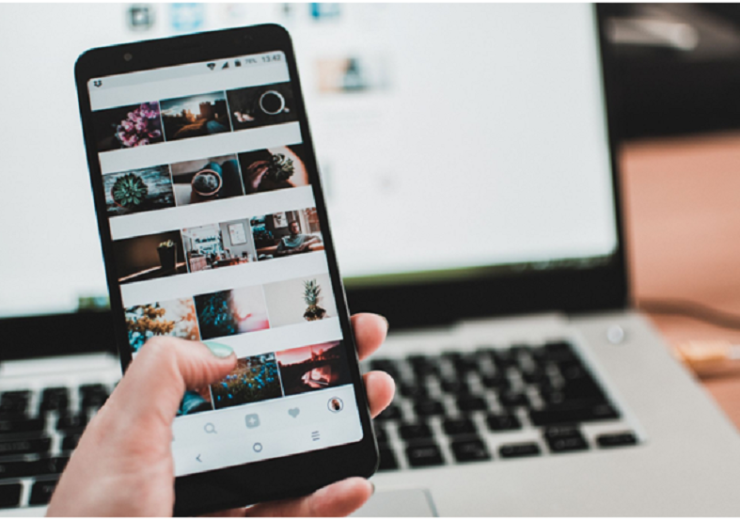How Does a VPN Ensure Maximum Cybersecurity?

Virtual Private Networks are gaining user attention and immense popularity because of their ability to provide online freedom. But how does a VPN service do that? Is your best high-speed VPN actually keeping you safe in the digital world? Does it hide you from other internet users on the network? Read the article to find out how a VPN’s end-to-end encryption mechanism helps you become almost ‘anonymous’ without going incognito.
How does a VPN work?
Before we attempt to answer whether a VPN really ensures maximum security and privacy, let us take a look at its basic function. A VPN is a secure connection established on a conventional Wi-Fi network. This is a cybersecurity tool which masks the IP address and enables the user to access the internet anonymously. It passes the overall internet traffic from a secure tunnel and that’s how it got its name – Virtual Private Network.
VPN and Cybersecurity
Here’s how you can fulfil your cybersecurity resolution by subscribing to a VPN service:
1. VPN provides network-level security.
Most digital security enthusiasts install an antivirus program on their device thinking it would save them from malware, adware and ransomware. No matter how advanced your antivirus is, it can only provide limited coverage on the network. A VPN, on the other hand, can provide maximum network-level security because it guarantees end-to-end encryption. Users who are already using the best high speed VPN for remote working, streaming or online gaming should consider configuring their VPN details on their Wi-Fi routers to achieve the highest level of internet privacy.
2. VPN protects users on public Wi-Fi.
Public Wi-Fi hotspots have thousands of active users and even half of these are not there to enjoy the free service. All they want is the pattern of other users’ online behaviors. These bounty hunters are basically cyber attackers involved in hacking, evil twin attacks and mand-in-the-middle man attacks; doing so helps them gain unauthorized access to other users’ sensitive information. Once they have the data they want, they can impersonate the other user to advance criminal activities or perform financial transactions to fund terrorism. That’s why cyber safety gurus suggest VPN-less internet users to avoid using public Wi-Fi for serious matters like banking or exchanging data files.
3. VPN protects users from ISPs.
Most internet service providers generate revenue by selling the patterns of digital behavior. They often sell the data without modification, and in other instances, they process the data of online activities and use it to channel personalized advertisements and speed throttling. VPN protects your digital footprint and reduces fingerprinting whether you are using private windows or not. It does so by encrypting browsing queries so that no internet service provider, intruder, attacker or the network manager can figure out your online activity.
4. VPN enables secure streaming and torrenting.
Most people only use VPN to stream geo-restricted shows and movies because they can’t view them otherwise without a VPN. If you already have a paid subscription of the best high speed VPN, it’s high time you start using the service while torrenting too. Doing so will hide your IP address on torrent client websites providing you ultra-security against hackers who are disguised as seeders or leechers.

What can happen if I don’t use a VPN?
If you don’t use a VPN, hackers and attackers on insecure networks can penetrate your connection and sniff sensitive data packets. Once they gain unauthorized access to either banking credentials or personally identifiable information, they can misuse it in countless illegal and unethical ways, including:
- Causing financial and non-financial damage to other users using your actual or digital identity.
- Uploading/selling users’ sensitive information on the dark web.
- Blocking your access to sensitive data and asking for a ransom to unblock.
- Blackmailing other internet users using your name or internet ids.
- Withdrawing your money saved in banks or other digital platforms like Paypal.
And finding the consequences, you definitely don’t want to fall victim to identity thefts, financial frauding or other cyber threats.
The Bottomline
In this digital age, VPN is really not an option, but a necessity that’s taking the internet by storm. While buying a VPN, ensure that it has a zero-logs policy, it does not store, process or sell user data and it has 256-bit AES encryption for split tunnelling. Some premium services do have other safety tools like ad-blockers, internet kill switches etc. All in all, the best high speed VPN should also be secure and reliable for data handling. You can gain an idea of the trustworthiness of a VPN provider from its terms of service and privacy policy.




